Tile is a great flooring option for anyone looking to redecorate and add style to their home at a reasonable price. There are a variety of tiles from which to choose; each type of tile has its own unique advantages and disadvantages. Types of tiles include:
– ceramic tiles
– stone tiles
– cork tiles
– porcelain tiles
– rubber tiles
Ceramic Tiles
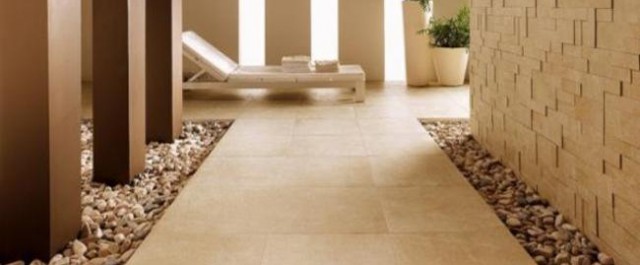
Ceramic tiles can have a glossy finish. It’s important to avoid using ceramic tiles that have a glossy finish in the bathroom because they can be slippery when they become wet; this can cause slips and falls.
Advantages of ceramic tiles include durability and water resistance. Tiles without a glossy finish are perfect for the bathroom because they are able to resist water. They can also handle rather heavy furniture or other items placed on them. Furthermore, ceramic tiles are able to handle high heat, too.
Ceramic tiles tend to be brittle, so you have to be careful about dropping heavy items on them because they will shatter. Also, when laying the tiles, if you accidentally drop one, it could shatter.
Stone Tiles
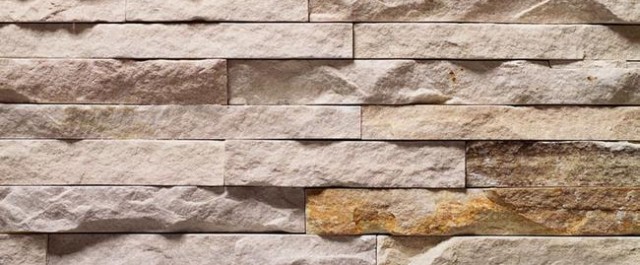
Stone tiles are very beautiful and give a unique look to your home. They can be made from a variety of stones including slate and marble. This tile option is very durable. It won’t shatter if dropped or if a heavy item or piece of furniture is dropped on it. Stone also will not be slippery if water or other liquids get on it; this is good for the bathroom.
Disadvantages include stone’s problem with staining. Because it absorbs liquids, you have to be careful about spilling a drink on it; if you spill red wine or another similar liquid, the stone will be stained permanently. This is why you will need to seal your stone tiles.
Another disadvantage is the fact that stone tends to be more expensive than other tile options. They are also very difficult to cut and install without professional help.
Cork Tiles
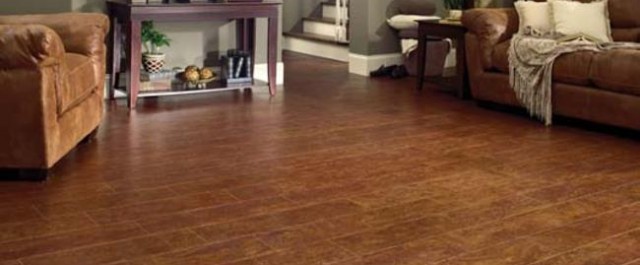
Cork tiles are used mostly in living rooms and other areas of the house. Cork is soft and comfortable for the feet, and if a glass item is dropped on cork tiles, it’s less likely to break because of the softness of the cork. Cork is rather easy to install and will give rooms a beautiful look.
Cork has to be sealed to protect it. Because cork is softer than stone or other tile varieties, it’s less durable. This means it doesn’t handle wear and tear as well, and you will have to replace cork a lot more often than other types of tiles.
Porcelain Tiles
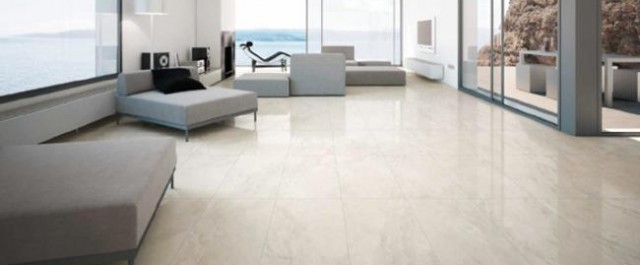
Porcelain tiles are strong, durable, and quite resistant to chipping. Because of their durability, they are able to handle more weight, and they can handle items being dropped on them better than ceramic tiles. Disadvantages of porcelain include the hardness of the tiles. They are very hard, and this can the tiles to be uncomfortable to walk on. This can also cause discomfort and problems for people who suffer from back issues.
Rubber Tiles
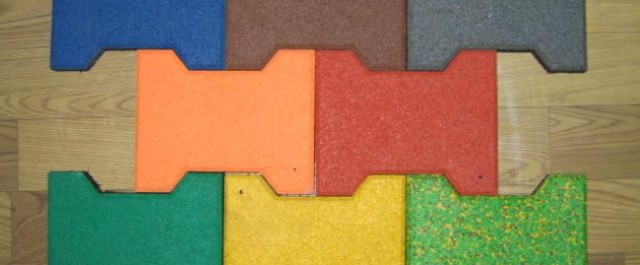
Rubber tiles are very strong and durable, and they have the added advantage of being comfortable to walk on and soft. Rubber tiles also make almost no noise when you walk on them, and they are slip-resistant. Rubber tiles don’t come in many colors or styles, and they usually don’t match the decor of a room very well.
Each tile variety has its own advantages and disadvantages, and everything should be taken into account before deciding upon what you want.

